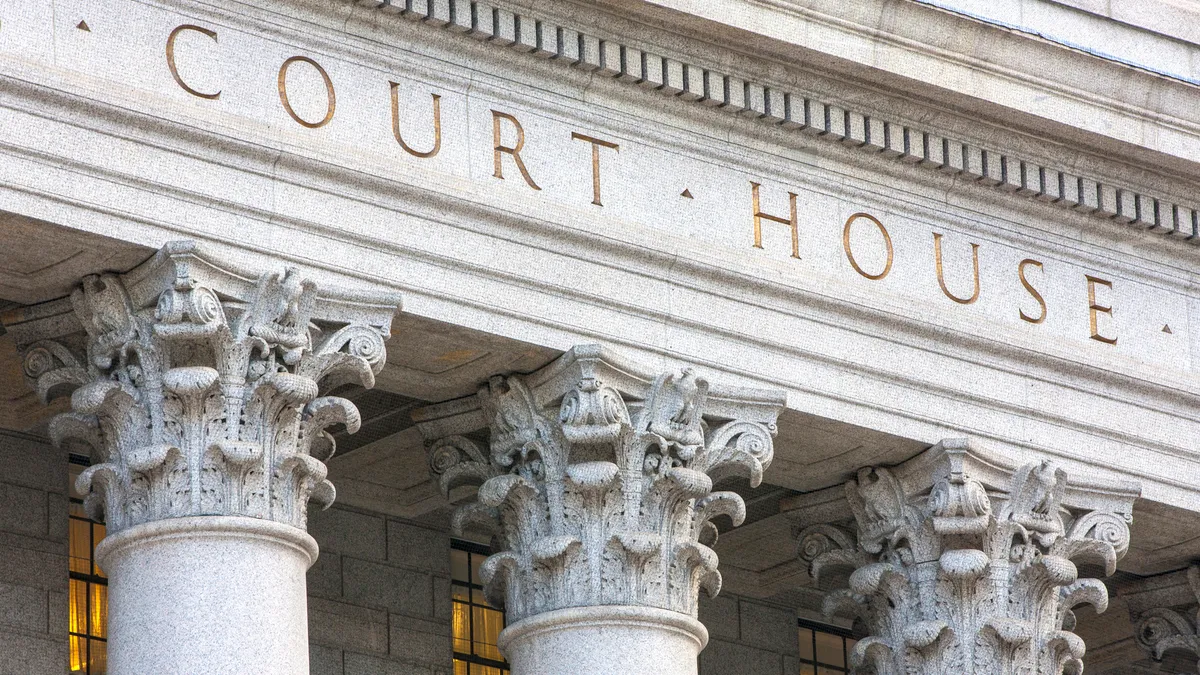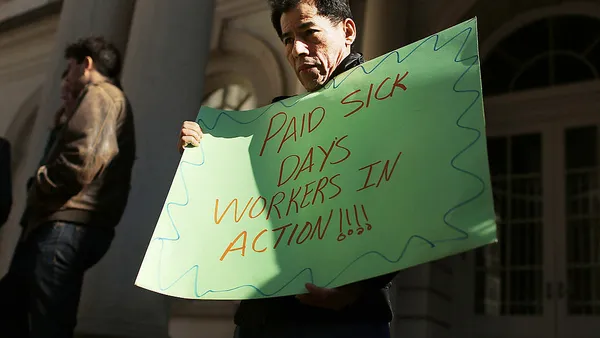Dive Brief:
- Pay raises for U.S. employees are expected to hold steady in 2016, according to a survey by global professional services company Towers Watson. The nationwide survey of more than 1,100 U.S. companies also found that employers continue to reward their best performers with significantly larger pay raises as they look for ways to retain top-performing talent in a tightening labor market.
- The survey found that virtually all respondents (98%) are planning to give employees raises next year and are projecting average salary increases of 3.0% in 2016 for their exempt nonmanagement (e.g., professional) employees. That’s the same increase these employees received this year and in 2014.
- Employers are also planning 3.0% salary increases for nonexempt salaried and nonexempt hourly employees. Executives and management employees can expect increases that will average 3.1% in 2016.
Dive Insight:
“To a large extent, 3% pay raises have become the new norm in corporate America. We really haven’t seen variation from this level for many years,” said Sandra McLellan, North America practice leader, Rewards, at Towers Watson. “While most organizations are finding the talent they need at current salary levels, we are seeing more employers prioritizing how their salary budgets are being spent, especially in light of their ongoing difficulty in attracting and retaining top performers or employees with critical skills.”
The survey also found that exempt workers who received the highest performance ratings were granted an average salary increase of 4.6% this year, about 77% larger than the 2.6% increase given to workers receiving an average rating. Workers with below-average performance ratings received salary increases of less than 1%.
Towers Watson has seen many employers make dramatic changes to their approach to performance management, including eliminating formal performance reviews or taking a "ratingless" approach to reviews, said McLellan. Many organizations are rethinking whether linking base salary increases primarily to last year’s performance makes sense, or if this should be the role of short-term-incentive and bonus programs.














